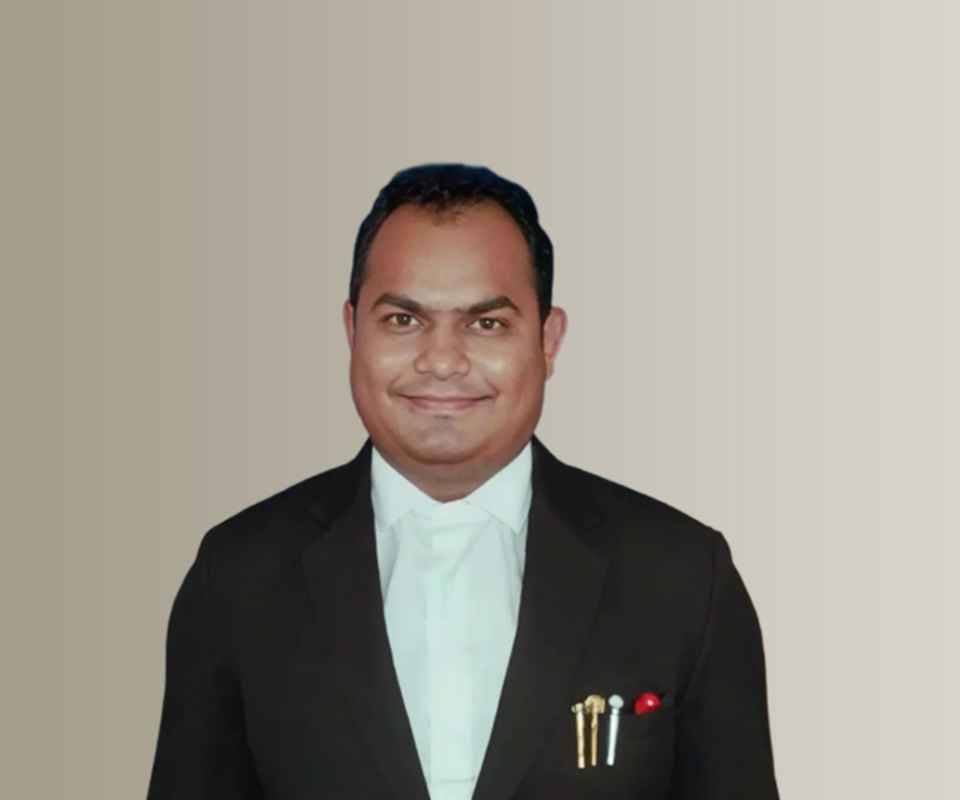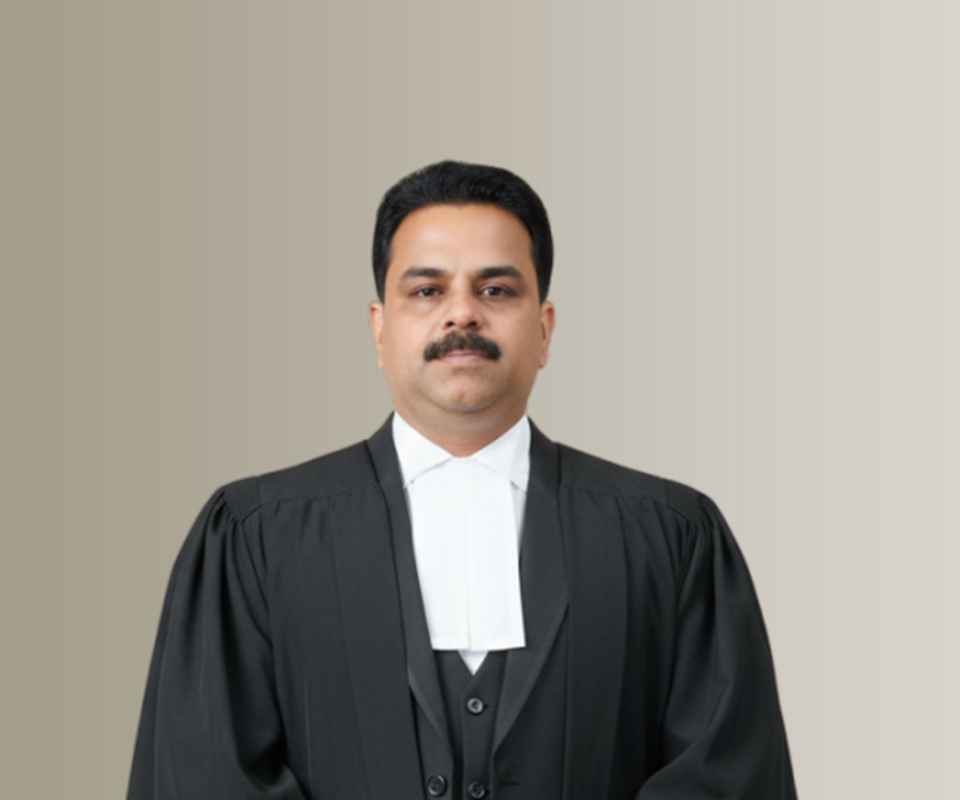Answer By law4u team
In many jurisdictions, the grounds for divorce, including irreconcilable differences, allow one spouse to file for divorce even if the other spouse does not consent. The legal process depends on the type of divorce system in place in the jurisdiction.
Can A Spouse Refuse Divorce?
- No-Fault Divorce:
In no-fault divorce systems, such as in the United States and many other countries, one spouse can file for divorce based on irreconcilable differences or similar grounds without the need for the other spouse’s consent. The law typically does not require both parties to agree to the divorce. In these systems, the refusal of one spouse does not prevent the divorce from being granted by the court after a certain waiting period or process.
- Contested Divorce:
Even if one spouse refuses to grant the divorce, the process can still proceed. If the divorce is contested, the court will evaluate the claim of irreconcilable differences and decide whether to grant the divorce. While the opposing spouse may delay the process or challenge the grounds, the divorce can still be finalized if the court finds that the marriage is irretrievably broken.
- Separation Period:
In some cases, jurisdictions may require a separation period where the couple must live apart for a specified time before filing for divorce. This is often the case in no-fault divorce systems, which require proof that the marriage has broken down beyond repair.
Legal Options for the Requesting Spouse:
- Court Intervention:
If one spouse refuses to grant the divorce, the requesting spouse can file a petition for divorce, and the court will decide based on the grounds provided, such as irreconcilable differences. The court can override the refusal of the non-consenting spouse.
- Legal Separation:
In some cases, if the divorce is contested, the court may grant a legal separation instead, which allows the spouses to live apart while maintaining the legal rights and responsibilities of marriage until a divorce can be finalized.
Example:
In a scenario where one spouse wants a divorce due to irreconcilable differences, but the other spouse refuses, the requesting spouse may still file for a no-fault divorce. Even if the non-consenting spouse challenges the divorce, the court can still grant it after reviewing the case, ensuring the process continues despite refusal.
In conclusion, while one spouse can refuse to grant the divorce, irreconcilable differences often provide the legal grounds for a divorce that can proceed without mutual consent, especially in no-fault divorce jurisdictions. The requesting spouse has the right to seek court intervention if the refusal persists.







